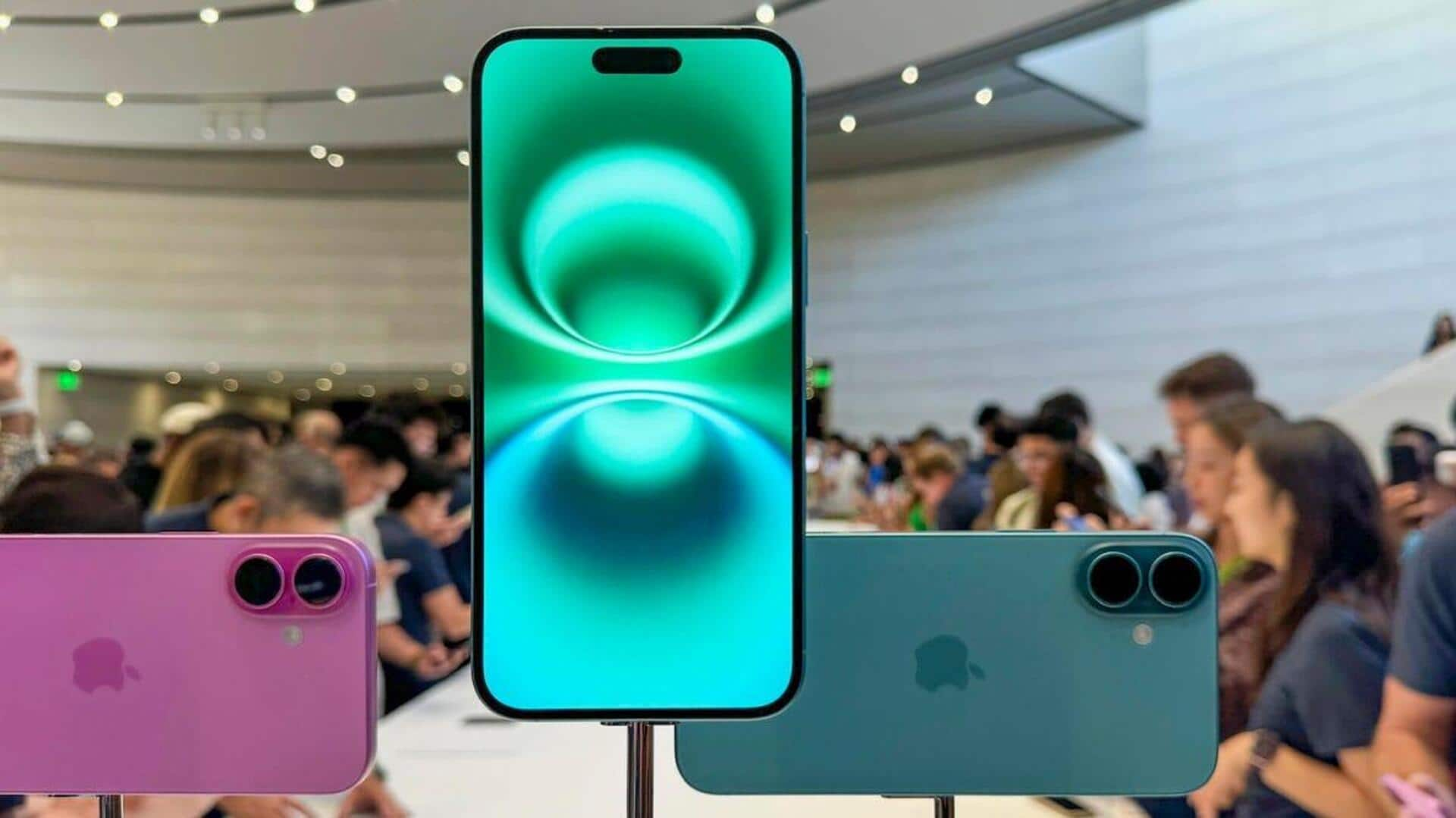
Samsung-BOE dispute: Could China-made iPhones be banned in the US?
What's the story
The US International Trade Commission (ITC) has issued a preliminary ruling recommending a ban on BOE smartphone displays, including those used in some iPhone models. The decision comes after Samsung Display accused BOE of stealing trade secrets related to OLED screen manufacturing. However, Apple has downplayed the implications of this ruling, saying it won't be affected by any final order.
Trade secrets dispute
Here's what led to the dispute
The dispute between Samsung Display and BOE dates back to 2023. Samsung accused BOE of stealing trade secrets related to OLED screen manufacturing. The ITC has now sided with Samsung, concluding that it has "proven by a preponderance of evidence" that BOE unlawfully benefited from its proprietary OLED technologies. The final judgment on this matter is expected in November 2025.
Apple's stance
Apple's response to the ruling
In light of the ITC's preliminary ruling, Apple has issued a statement saying, "Apple is not a party to this case, and the order has no impact on any Apple products." The statement leaves some ambiguity about whether the ITC plans to ban BOE panel imports or smartphones using them. This distinction is important because no iPhones are assembled in the US, meaning displays are integrated before entering the country.
Display sourcing
BOE supplies displays for budget iPhones
BOE currently supplies panels for the iPhone 15, 16, and upcoming 17 models. However, its role is limited to budget variants and the Chinese market. Apple has relied on Samsung Display and LG Display for premium models. The ruling could impact Apple's display sourcing strategy in the long term, as BOE recently expanded its OLED production to meet Apple's orders.
Future implications
Implications of the ruling
While the ruling doesn't affect Apple now, it could force a shift to Korean suppliers in the future. BOE is a relatively small player at present, but this ruling could curb its ambitions of becoming a major iPhone display provider. It could also escalate geopolitical tensions in the global tech supply chain.